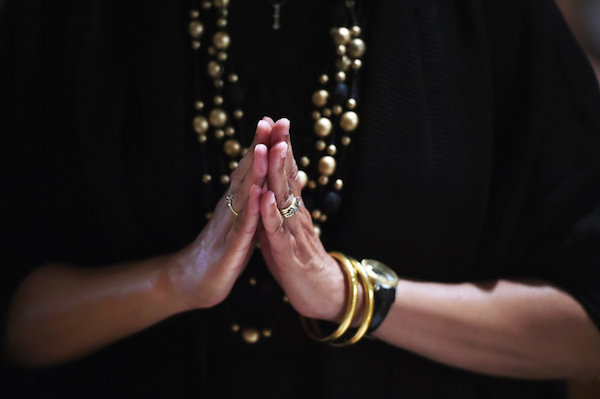How will a less-religious generation impact America?
New surveys say that religion is on the decline. According to Pew data reported on NPR, both America as a whole is trending away from devotion:
Among the findings:
- The share of Americans who say they are “absolutely certain” that God exists has dropped 8 percentage points, from 71 percent to 63 percent, since 2007, when the last comparable study was made.
- The percentage of adults who describe themselves as “religiously affiliated” has shrunk 6 points since 2007, from 83 percent to 77 percent
- The shares of the U.S. adult population who consider religion “very important” to them, pray daily and attend services at least once a month have declined between 3 and 4 percentage points over the past eight years.
But more dramatically, young people in particular are practicing at a much lower rate:
Skepticism about religion is especially evident among young people. The Pew study found that barely a quarter of “millennials” (born between 1981 and 1996) attend church services on a weekly basis, compared with more than half of U.S. adults born before 1946. Only about 4 in 10 millennials say religion is important in their lives, compared with more than half of those who are older, including two-thirds of those born before 1946.
While we can debate all kinds of fun things around this topic, like what’s causing it, if the trend is permanent or reversible, the juiciest might be what it means for the country.
How will a less-religious citizenry affect life in America, both for good and bad reasons?
Does that mean a net positive or negative for society as a whole?
Is this a trend worth encouraging or preventing?
